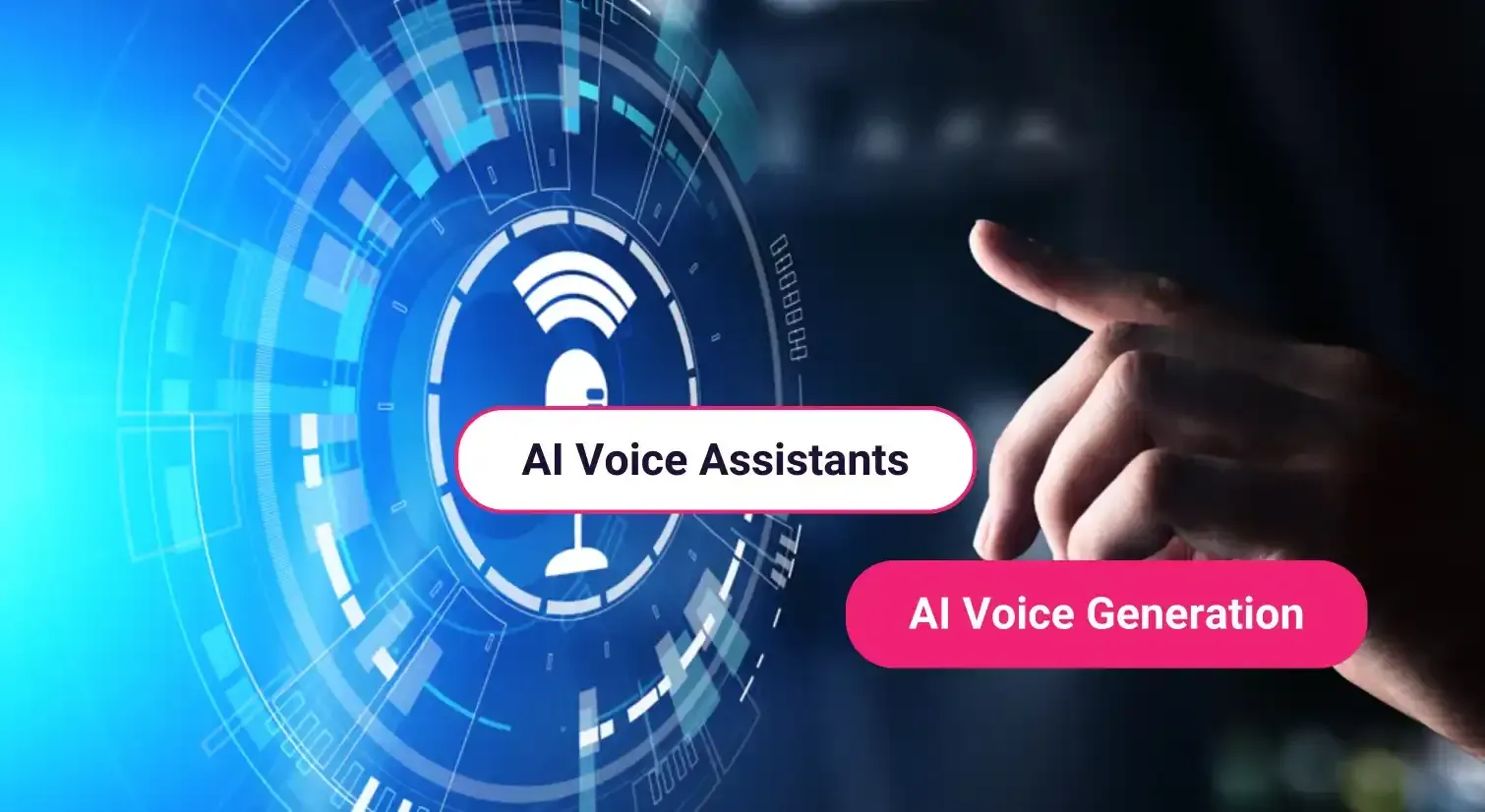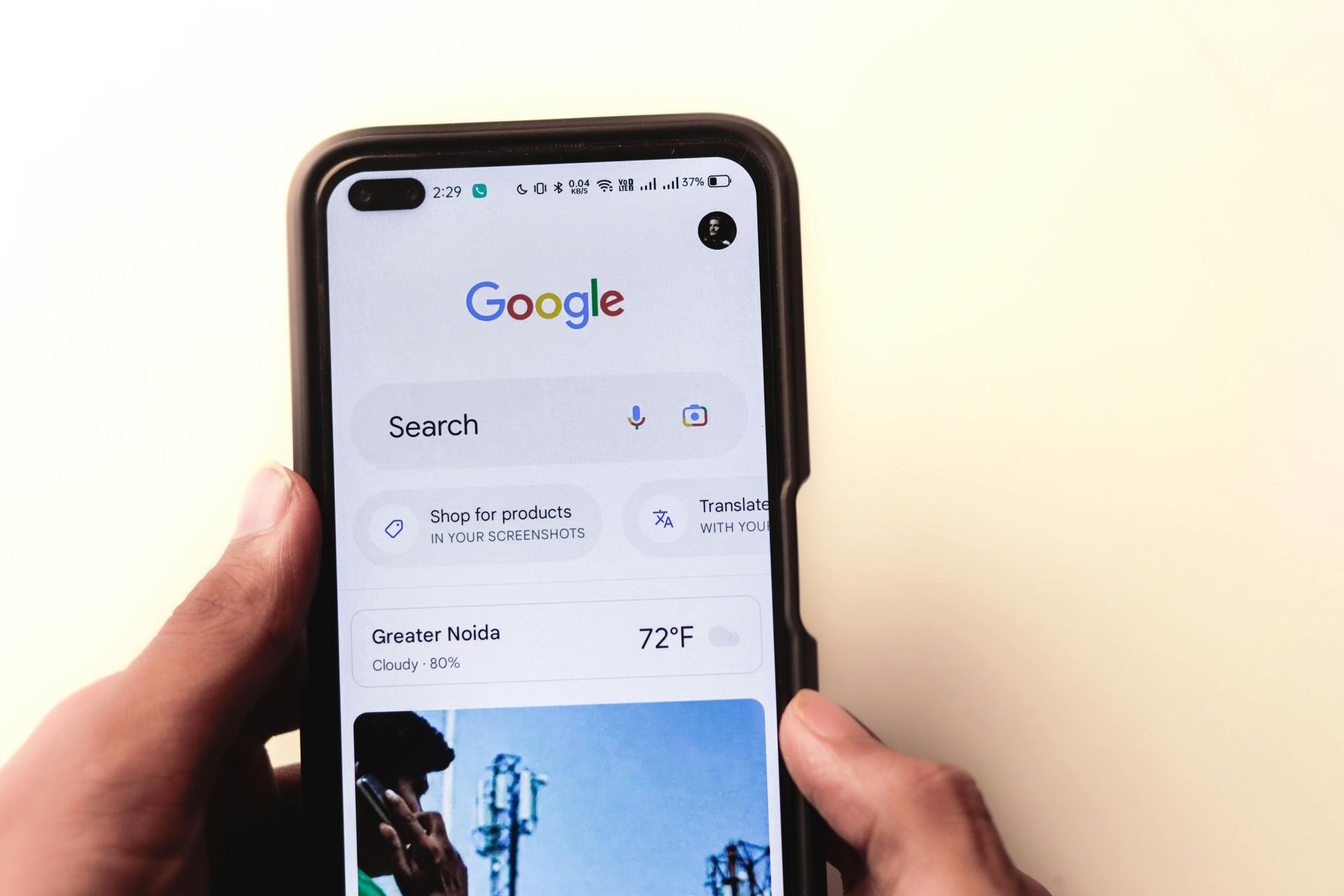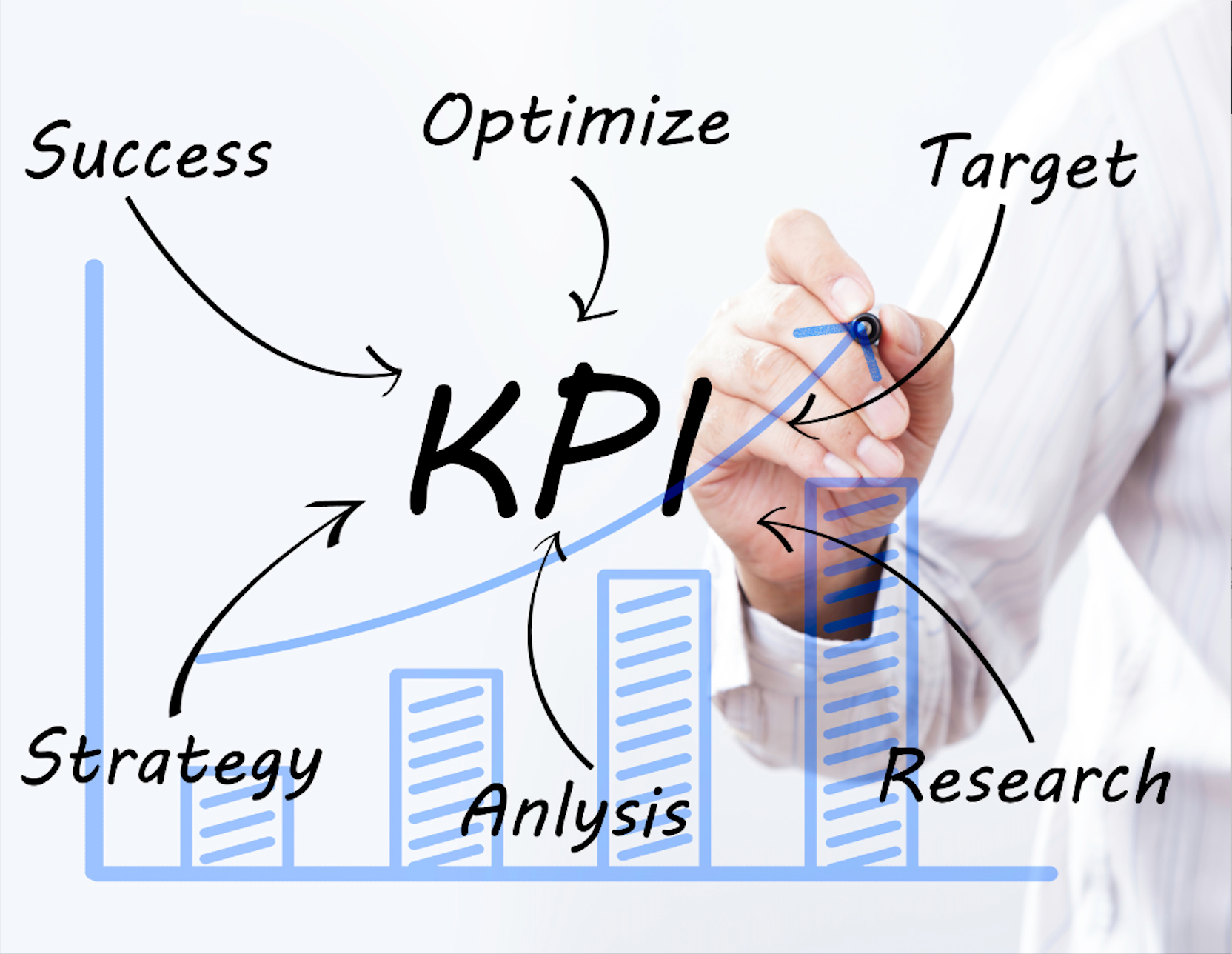Why Your Receptionist Can't Scale (But Your AI Assistant Can)
Explore how AI assistants outperform traditional receptionists in speed, efficiency, and scalability

Your receptionist is probably fantastic at what they do. They know your customers by name, they handle complex situations with grace, and they're the friendly voice that represents your brand every day.
It is not about replacing human talent, it's about understanding the fundamental limitations that even the best human-based systems face when your business grows.
I've had this conversation with dozens of business owners who are struggling with growth, and it usually starts the same way: "We're getting more calls than Jenny can handle, so we're thinking about hiring another receptionist."
It seems logical, but there's a deeper issue at play that adding more people won't solve.
The Math Problem No One Talks About
Here's the thing about scaling human-based front desk operations: the math works against you from day one.
Let's say your business receives 50 calls per day, and your receptionist can handle them comfortably during business hours. Business grows, and now you're getting 100 calls per day. The obvious solution seems to be hiring a second person, right?
But here's what actually happens: those calls don't come in evenly throughout the day. You might get 15 calls between 9-10 AM, 8 calls between 10-11 AM, then 25 calls between 2-3 PM.
Your receptionist is either overwhelmed during peak times or underutilized during slow periods. There's no middle ground. Adding a second person helps, but now you have two people who are either both busy or both waiting for calls.
Plus, you've doubled your payroll costs, benefits, training time, and management overhead. And what happens when one person is sick or takes vacation? You're back to square one.
The Consistency Challenge
Even the most experienced receptionist has good days and bad days. Maybe they didn't sleep well last night, or they're dealing with a personal issue, or they've already handled three difficult customers this morning. Human variability is natural, but it creates inconsistent customer experiences.
I worked with a law firm where the senior partner noticed that potential clients who called on Mondays were 40% more likely to book consultations than those who called on Fridays. After tracking this for months, they realized their receptionist was simply more energetic and engaging at the beginning of the week.
This isn't a criticism of the receptionist, it's human nature. But when your business growth depends on converting every inquiry into a client, these small inconsistencies compound quickly.
An AI assistant delivers exactly the same level of service to caller #1 at 9 AM and caller #50 at 4:45 PM. It asks the same qualifying questions, provides the same information, and maintains the same professional tone regardless of volume or timing.
The Knowledge Bottleneck
Your experienced receptionist knows your business inside and out. They know which services are most popular, which packages offer the best value, and how to handle common objections. But what happens when they leave?
All that institutional knowledge walks out the door with them. The new person starts from scratch, takes months to get up to speed, and inevitably makes mistakes that your previous receptionist never would have made.
Even worse, if your business offers complex services or has detailed pricing structures, there's always information that your receptionist doesn't know off the top of their head. They have to put people on hold, check with you, or promise to call back with answers. Each of these moments creates friction in your sales process.
An AI assistant can be programmed with every detail of your business: pricing, availability, policies, and procedures. It never forgets information, never needs to put someone on hold to check details, and never gives outdated information because someone forgot to update the staff handbook.
The Growth Ceiling Reality
Here's the biggest issue: human-based systems create artificial growth ceilings. When your receptionist gets overwhelmed, calls go to voicemail. When voicemails pile up, response times slow down. When response times slow down, you lose prospects to competitors who respond faster.
You can hire more people, but each new hire brings complexity. You need systems for call routing, backup coverage, training, and quality control. What started as one person answering phones becomes a small department with management overhead and scheduling challenges.
I've seen businesses that grew from one receptionist to five, only to realize they were spending more on front desk operations than they were making in additional revenue. The cure became worse than the disease.
Where AI Actually Makes Sense (And Where It Doesn't)
Let's be clear about something: AI isn't better than humans at everything.
- It can't read between the lines when a customer is really upset about something they're not directly saying.
- It can't make judgment calls about when to bend the rules for a long-time client.
- It can't provide the genuine empathy that turns a complaint into a loyal customer relationship.
But AI excels at the systematic, repeatable tasks that form the foundation of good customer service:
- Gathering information,
- Answering common questions,
- Scheduling appointments,
- And qualifying leads.
These tasks require consistency and accuracy more than emotional intelligence.
The sweet spot is using AI to handle the routine interactions that consume most of your receptionist's time, freeing them up to focus on the complex, relationship-building conversations where human skills really matter.
The Hybrid Approach That Actually Works
The most successful implementations we've seen don't replace receptionists entirely, they augment them strategically.
The AI assistant
- Handles initial contact,
- Gathers basic information,
- Answers routine questions,
- And qualifies interest level.
When a situation requires human intervention, it transfers seamlessly to your team member.
This means your receptionist
- Spends their time talking to pre-qualified prospects instead of answering the same pricing questions for the tenth time that day.
- They handle complex customer service issues instead of booking routine appointments.
- They focus on relationship-building instead of data entry.
From a business perspective, this hybrid approach gives you the best of both worlds: unlimited scalability for routine tasks and human expertise where it really matters.
The Real Cost of Not Scaling
Here's what many business owners don't realize: the cost of not implementing scalable systems isn't just missed calls or slow response times. It's the opportunity cost of everything you can't do because you're stuck managing the basics.
When you're constantly worried about coverage for sick days, training new staff, or managing call volume spikes, you're not thinking strategically about growth. You're in reactive mode instead of proactive mode.
An AI assistant doesn't solve every business challenge, but it removes a major bottleneck that prevents many businesses from scaling effectively. It gives you the breathing room to focus on strategy, service delivery, and the high-level activities that actually drive growth.
The question isn't whether your current system works, it's whether it can support where you want your business to be in two years. And if the answer is no, then it's time to start thinking beyond traditional solutions.
Moving Forward Strategically
If you're considering AI assistance for your business, start by mapping out your current receptionist's typical day.
- What percentage of time is spent on routine tasks versus complex problem-solving?
- Which interactions could be systematized without losing quality?
The goal isn't to eliminate human touchpoints,
- It's to make sure every human interaction is high-value and relationship-building.
That's where the magic happens, and that's where your business will find its competitive advantage as it scales.











